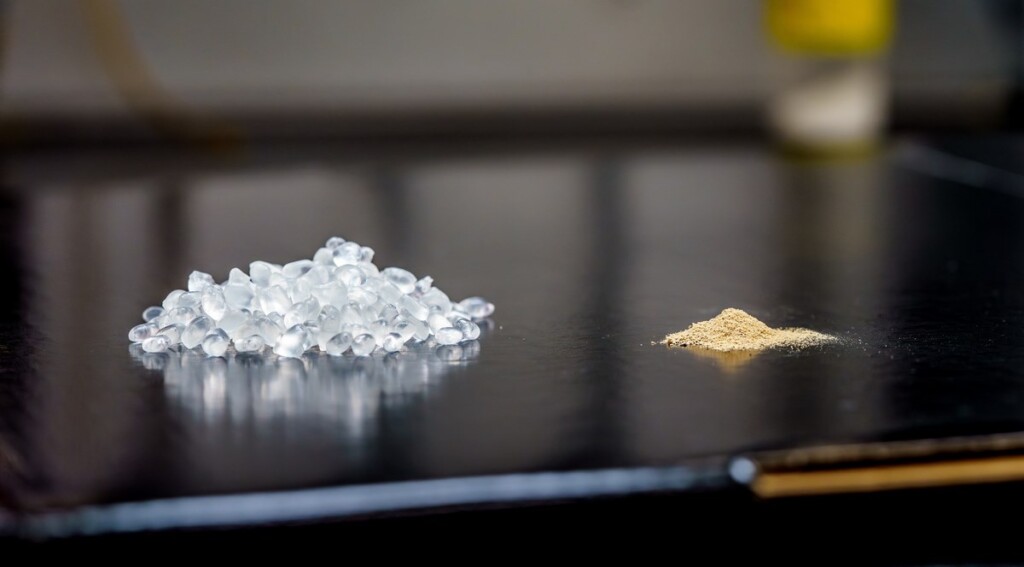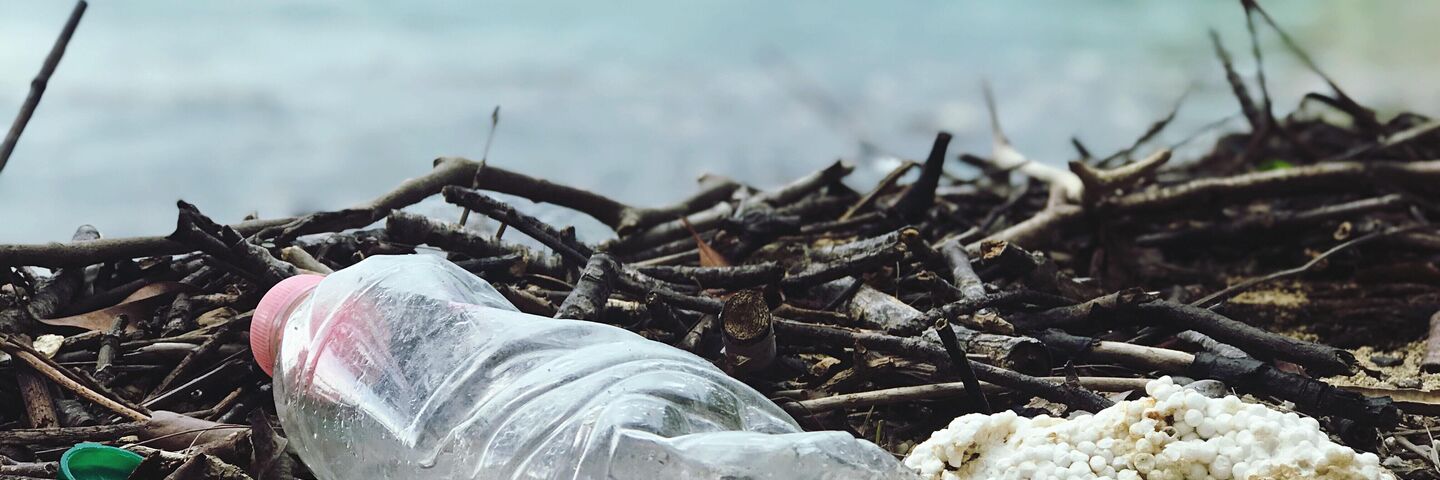"Dream, Dream, Dream! Conduct these dreams into thoughts, and then transform them into action."
- Dr. A. P. J. Abdul Kalam
"Dream, Dream, Dream! Conduct these dreams into thoughts, and then transform them into action."
- Dr. A. P. J. Abdul Kalam
3 May 2024
We often think of the scientific revolution as having displaced a belief in magic, the supernatural, and the occult. But paying a closer look at premodern writings on magic, we find that they explicitly reject the supernatural. What is more, the key figures of any scientific revolution are technological advancement and years of experimenting. Researchers think they have discovered a technique to add bacterial spores that have undergone extreme evolutionary pressure to polymers, making them more robust and biodegradable. Without additional bacteria, this type of "living plastic" can decompose in around five months. This living plastic was developed by scientists under the direction of the University of California, San Diego (UCSD). Thermoplastic polyurethane (TPU) is a durable commercial plastic used mainly in foam, floor mats, shoes, and cushions.
They clarified that the material is full of bacterial spores that germinate after their life cycle when exposed to the nutrients found in compost. Bacterial spores from a type of Bacillus subtilis that can degrade polymeric polymer components were used to create the biodegradable TPU. According to UC San Diego Jacobs School of Engineering co-senior author Professor Jon Pokorski, "It's an inherent property of these bacteria." "We selected the strain that developed the best after testing a few strains' capacity to use TPUs as the only carbon source.” Because bacterial spores are resistant to extreme environmental conditions, the study team employed them, as a latent form of bacteria.
Still in the Process ~

Thermoplastic polyurethane pellets (left) and Bacillus subtilis spores (right) – Photos by David Baillot/UC
San Diego Jacobs School of Engineering.
(Source: Google Images)
The researchers think that any bacterial spores that remain after the substance breaks down are probably safe, even though they still need to investigate what remains after that. According to Pokorski, the strain of Bacillus subtilis that is used in probiotics is thought to be safe for both humans and animals, and it may even be good for the health of plants. The bacterial spores used in the study—which was published in the journal Nature Communications—were evolutionarily prodded to adapt to the high temperatures required for producing TPU. The strains that make it through this procedure are then separated and subjected to another cycle.
There Will Be Numerous Benefits From This ~
Where there was previously a trade-off between tensile strength and stretchability, the inclusion of spores increases the mechanical qualities beyond known bounds, which is why this is wonderful, according to Pokorski.
Currently, the research team is trying to optimize the method for industrial applications. Dr. Feist stated, "TPU is just one of the many different kinds of commercial plastics that end up in the environment." Extending the range of biodegradable materials we can create with this technique is one of our next goals. The question of how costly it is to develop this and other such technologies will always exist as more markets want to use them. Because plastics are mass-manufactured, anything that degrades will need to be made in large quantities and marketed at a reasonable markup for this and other biodegradable polymers to become popular.
#BeatPlastic Pollution ~
A change in perspective regarding plastic products is necessary to make the transition from a linear to a circular economy. The research that has been emphasized demonstrates the need to question the idea that there is an "end" at all and to take into account the effects throughout the entirety of the life cycle. Although the effects on the environment and our health are dire, we may greatly mitigate them. An open-access research may help by guaranteeing that research is available to all people, everywhere. Plastic is everywhere, therefore let's make sure the reaction is as well. It's imperative to combat plastic pollution and the time is now or never!

It's Now Or Never!
( Source: Google Images)